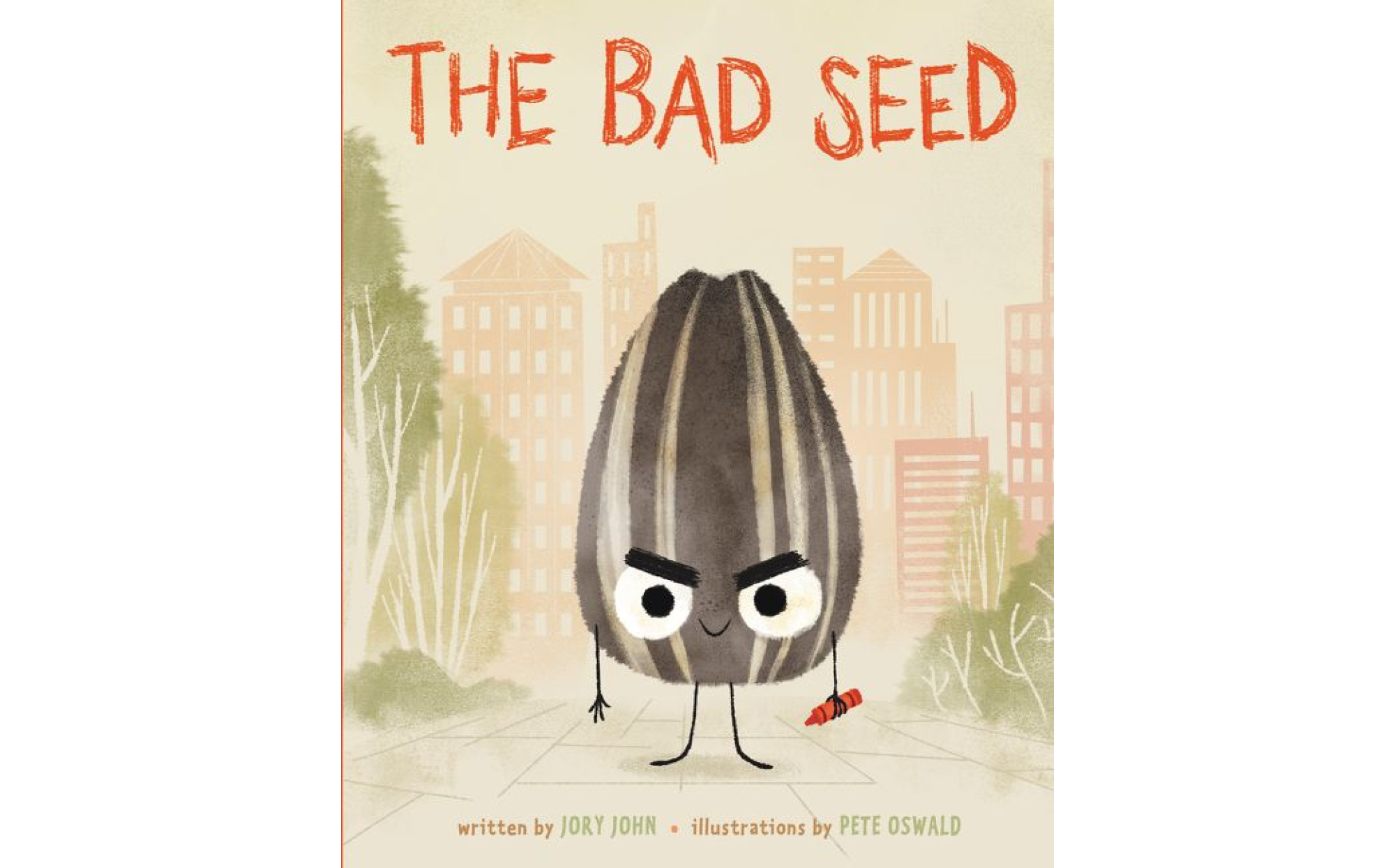Unveiling "The Bad Seed": Origins, Adaptations & More!
Could evil truly be inherent, lurking within the seemingly innocent? The notion of a "bad seed," a person predisposed to malevolence, has gripped our imaginations for decades, challenging the very foundations of nature versus nurture.
The exploration of innate wickedness finds fertile ground in literature and film, where the "bad seed" archetype serves as a chilling reminder that appearances can be deceiving. This concept, popularized by William March's 1954 novel, delves into the unsettling possibility that some individuals are simply born with a propensity for darkness, a disturbing deviation from the societal expectation of inherent goodness. It is this exploration that continues to captivate audiences, forcing us to confront the uncomfortable questions about the origins of evil.
| William March | |
|---|---|
| Birth Name | William Edward Campbell |
| Born | September 18, 1893, Mobile, Alabama, U.S. |
| Died | May 15, 1954 (aged 60), New Orleans, Louisiana, U.S. |
| Occupation | Novelist, short story writer, poet |
| Nationality | American |
| Genre | Southern Gothic, War Literature, Psychological Thriller |
| Notable Work | The Bad Seed, Company K |
| Military Service | United States Marine Corps (World War I) |
| Awards | Two-time recipient of the O. Henry Award |
| Website | Encyclopedia of Alabama |

The Bad Seed Books

The Bad Seed Returns (2022)

The Bad Seed 2018 Ending Explained